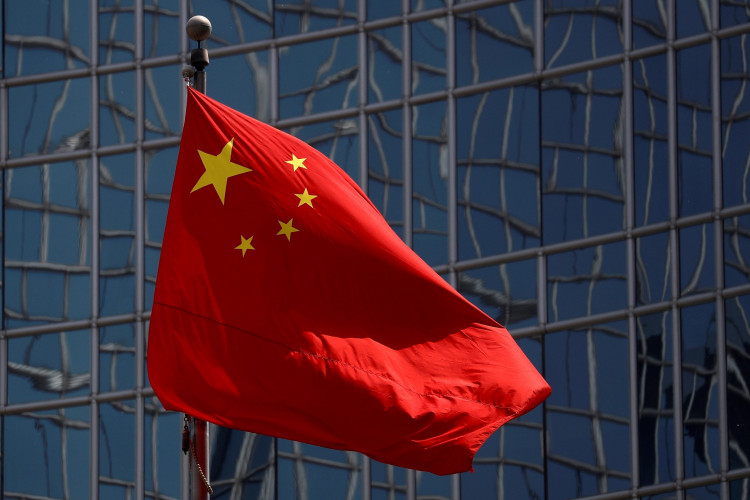China has condemned an attack on its consulate in Mandalay, Myanmar, and is urging Myanmar authorities to apprehend those responsible. The incident, which occurred on Friday, involved an explosive device detonated at the consulate, partially damaging the premises but causing no injuries. The attack has heightened tensions in a country already mired in turmoil since a military coup in February 2021 ousted an elected civilian government, abruptly halting Myanmar's tentative move towards democracy.
Lin Jian, a spokesperson for China's foreign ministry, confirmed the attack and stated that China had lodged "serious representations" with Myanmar, calling for a thorough investigation and demanding that the perpetrators be severely punished according to law. Lin added that Beijing expects Myanmar authorities to make every effort to bring the attackers to justice.
The blast at the consulate followed a surge of anti-China sentiment on social media in Myanmar, spurred by China's recent pressure on various rebel groups to halt their fighting against Myanmar's military regime. Critics argue that China's involvement has fueled suspicion that it is actively supporting the junta, further alienating many of those opposed to military rule. Chinese Foreign Minister Wang Yi's visit in August to meet with junta chief Min Aung Hlaing was widely viewed by critics as a show of support for the embattled military leadership.
A resident living near the consulate, who spoke on the condition of anonymity due to fear of reprisal, confirmed that security around the consulate had been tightened since the explosion, with nearby roads being closed. The heightened security measures come as China calls on its citizens, businesses, and groups in Myanmar to exercise caution and take necessary precautions in response to the deteriorating security situation.
Myanmar's military government has not commented on the attack, adding to the uncertainty surrounding the incident. The absence of a response from Myanmar authorities has done little to assuage concerns about the safety of Chinese nationals in the country, many of whom are wary of rising anti-China sentiment.
China's pressure on rebel groups to cease hostilities has angered many in Myanmar, who view the move as an indication of China's alignment with the junta. This perception has further alienated Beijing from Myanmar's pro-democracy movement. Some activists have publicly voiced their frustration at China's stance, describing it as a significant obstacle in their struggle for democracy.
"China's position is a major barrier to our movement," said one activist who asked not to be named. "Their support of the military regime is prolonging the suffering of the people of Myanmar."
The attack on the consulate also reflects the deepening distrust between Myanmar's military government and its citizens. Many people in Myanmar see China as complicit in their country's political turmoil, accusing Beijing of putting its economic and strategic interests ahead of the Myanmar people's desire for freedom and democracy. The blast serves as a stark reminder of the rising animosity towards China among those who oppose military rule.
While China has not publicly acknowledged any direct support for the junta, its actions, including Wang Yi's visit and its pressure on ethnic armed groups, have left many in Myanmar skeptical of Beijing's intentions. Analysts note that China has significant investments in Myanmar, including infrastructure projects as part of its Belt and Road Initiative, which gives Beijing a vested interest in maintaining stability-albeit at the cost of supporting an unpopular regime.
The attack comes amid an already volatile period for Myanmar, where anti-junta protests, armed resistance, and military crackdowns have become the norm since the coup. The military's seizure of power in 2021 has plunged the country into chaos, with the civilian death toll rising as the military seeks to suppress dissent.






